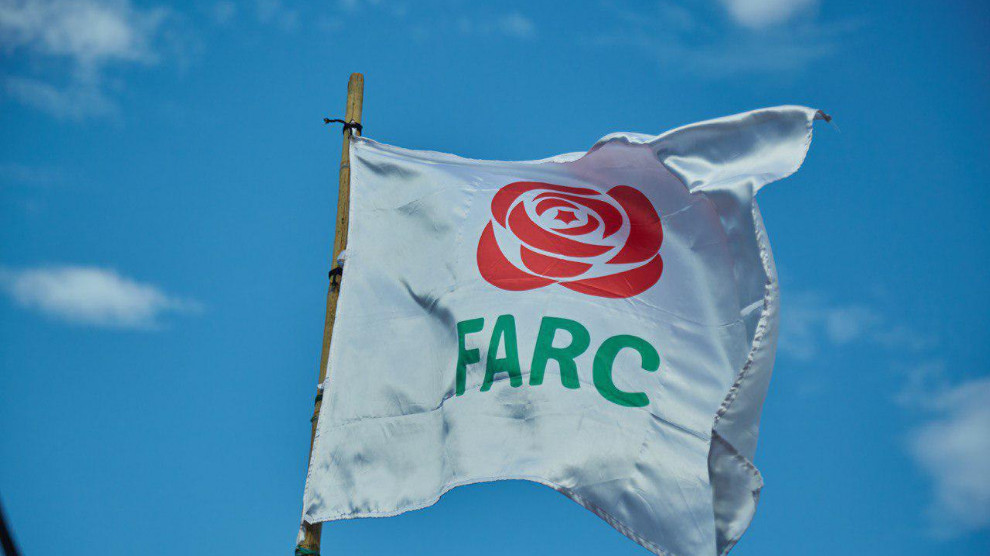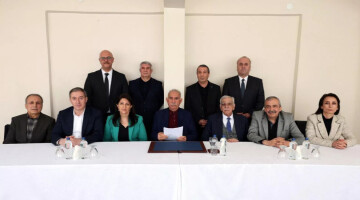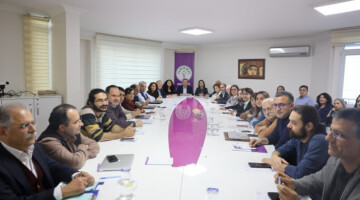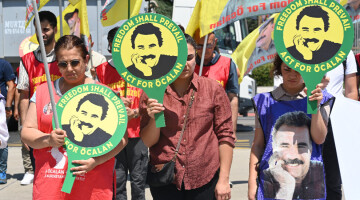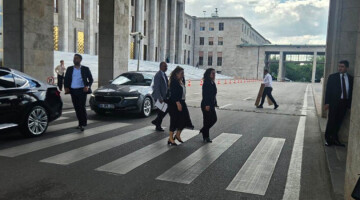The President made the announcement in the town of Bello, Antioquia region, after a meeting of the National Security Council, and hoped to contain the strong criticism both internally and internationally against the Government's passivity in the face of the constant killings of former guerrillas and social leaders.
Duque affirmed that the measures have been adopted because “there is a legitimate, natural concern, in what has to do with the protection of all former fighters who are in the process of reincorporation."
Without specifying details, the President referred that among the adopted agreements are: The creation of an elite body in the National Police, an integrated Information Center, coordinated by the Ministry of Defense, and the strengthening of the National Protection Scheme (designed to protect former guerrilla leaders).
The measures made public also include an improvement in the tasks of control and surveillance, open and coordinated among the different authorities; a campaign to mitigate the risks of stigmatization of former insurgents, and the promotion of days of self-protection and self-safety for them.
The government measures are announced two and a half years after the signing of the Havana Peace Agreement, between the Government and the FARC-EP guerrillas, a period of time in which 135 former guerrillas have been murdered. To these it has to be added 11forced disappearances and 16 attempted attacks against former guerrillas, in what seems to have become a policy of planned extermination, before which the inaction of the authorities has been manifest.
This bleeding reality is made worse by the murder, in the same period, of more than 700 social and community leaders, almost all gone unpunished. Faced with this reality both the FARC party and other forces of the Colombian left, together with some of the countries of the international observers and guarantors of the Agreements, talked about a frustrated peace process.
A perception based not only on the high number of murders but also on the firm opposition to the agreements expressed by Duke himself when winning the elections, and his subsequent attempts to vary its contents through legislative proposals, which were rejected first by the Parliament and finally by the Constitutional Court.
The announcement of measures to stop the wave of murders of former guerrillas comes just two weeks after the Special Jurisdiction for Peace (JEP), a specific judicial body created for the implementation of the Agreements, announced an in-depth investigation on the assassinations of former guerrillas in the process of social and political reincorporation.
Beyond words and announcements, both the FARC party and Colombian society, together with the guarantors of the peace process, will measure the real will and efficiency of the measures announced by the President.
As if it were a challenge, in the town of Tulúa, Valle del Cauca, José Arled Muñoz, who had been forcibly been displaced, was killed, a few hours after the President announcement.

